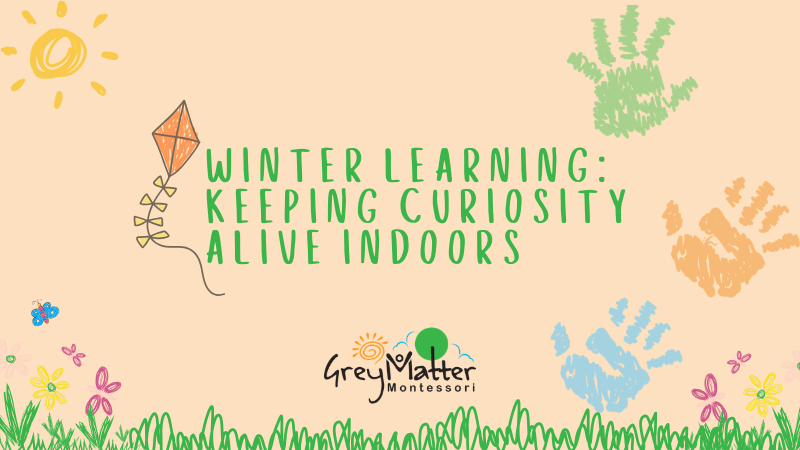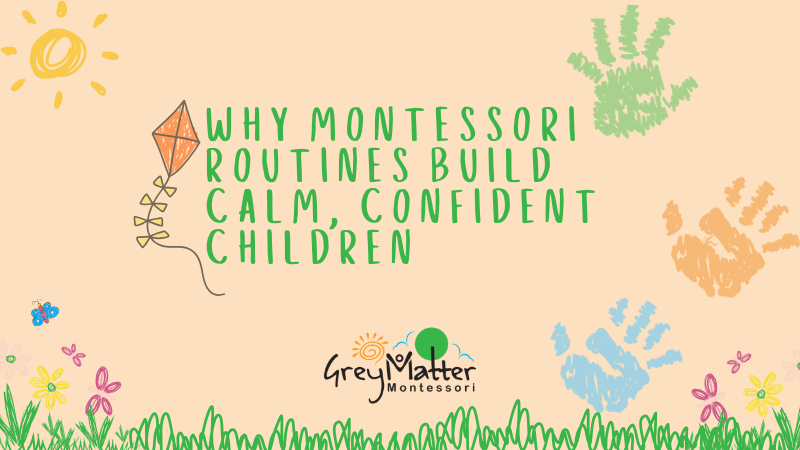In the realm of education, combining diverse methodologies to enrich learning experiences is not just innovative; it's essential for cultivating well-rounded individuals. The fusion of the International Primary Curriculum (IPC) standards with the Montessori philosophy offers a compelling model for holistic, child-centred learning. This approach synergizes IPC's global awareness focus with Montessori's emphasis on self-directed, experiential learning, creating a comprehensive educational framework. This article delves into how blending these methodologies can significantly enhance the educational landscape, focusing on global awareness, individual learning paths, and fostering a sense of community.
Global Awareness and Understanding
In today's interconnected world, global awareness is more than an educational asset; it's necessary. IPC standards are designed to foster an understanding of the global context, encouraging students to become aware of the wider world and their place within it. When integrated with Montessori's hands-on, exploratory learning approach, children gain a unique opportunity to explore global themes in a deeply personal and meaningful way. This combination helps students not only learn about different cultures, geographies, and global challenges but also develop empathy and a sense of responsibility toward global citizenship.
Tailoring Learning to the Individual
A cornerstone of Montessori philosophy is the emphasis on individual learning journeys, where education is adapted to fit the unique needs, pace, and interests of each child. The IPC complements this by offering a flexible curriculum framework that can be customized. This synergy allows educators to craft a learning environment that respects individual differences while maintaining a structured, inquiry-based approach to exploring broad themes. Such an environment nurtures self-motivated learners who are equipped to think critically and creatively, solve problems, and make informed, ethical decisions.
Fostering a Community of Learners
Both the Montessori method and the IPC value the importance of learning within a community context. By blending these approaches, schools can create a learning culture that emphasizes collaboration, respect, and interconnectedness. Students learn to work together, respecting each other's ideas and contributions, and developing skills in communication and teamwork. This prepares them not only for academic success but for lifelong participation in the community and society at large.
The integration of IPC standards with Montessori philosophy represents a forward-thinking approach to education, one that prepares students not just academically but as global citizens and independent thinkers. This blend offers a balanced, dynamic learning environment where children are encouraged to explore, discover, and engage with the world around them in meaningful ways. As educators and parents, our role is to support these holistic learning experiences, nurturing the next generation to become not only knowledgeable but compassionate, curious, and capable of contributing positively to their communities and the world.
Written on behalf of Grey Matter Montessori.
FAQs
Q. What are IPC Standards?
A. IPC Standards refer to the International Primary Curriculum, a comprehensive, thematic, creative curriculum for 5-11-year-olds, designed to foster a global perspective and encourage international mindedness in students.
Q. What benefits do children gain from a combined IPC and Montessori education?
A. Children benefit from a holistic education that not only focuses on academic excellence but also on developing global citizenship, empathy, and life skills, preparing them for the challenges of the modern world.
Q. How do educators blend these two approaches in the classroom?
A. Educators blend these approaches by designing learning experiences that align with Montessori's hands-on, child-centred approach, while incorporating IPC's thematic, inquiry-based content, ensuring that learning is engaging and globally oriented.






